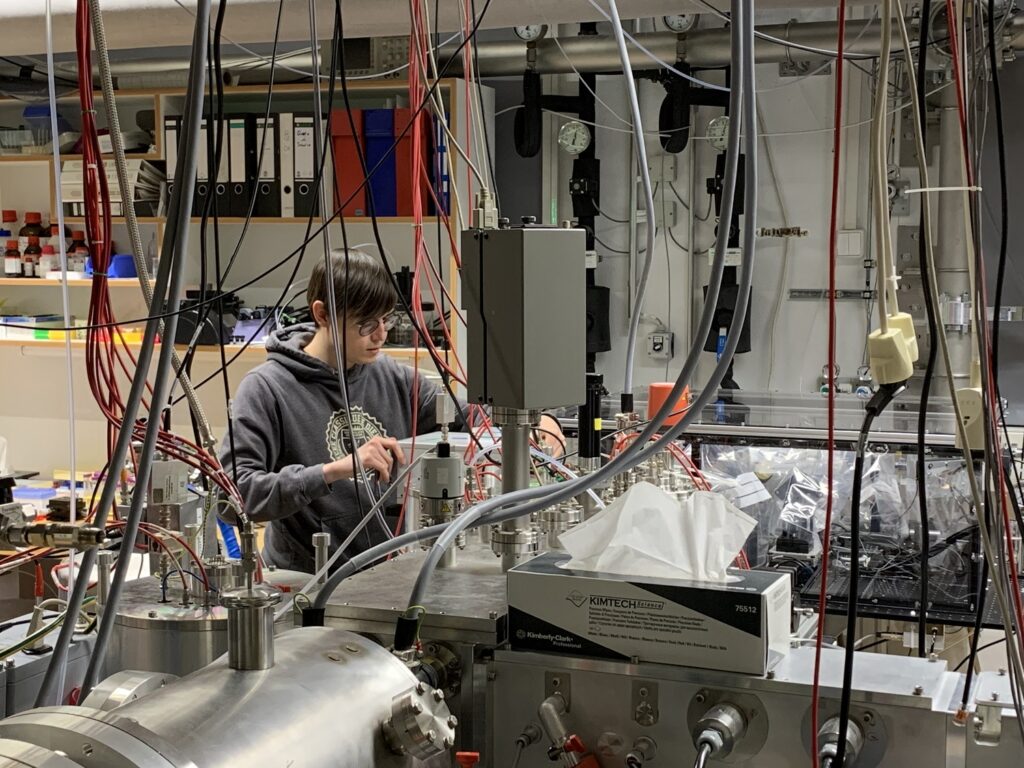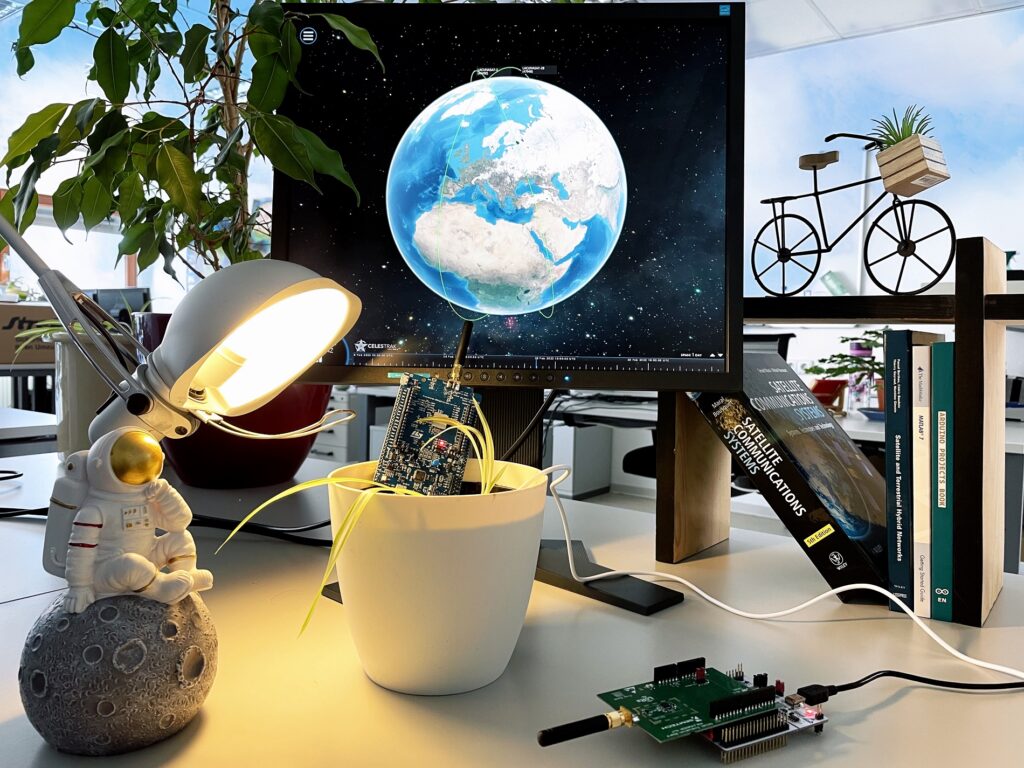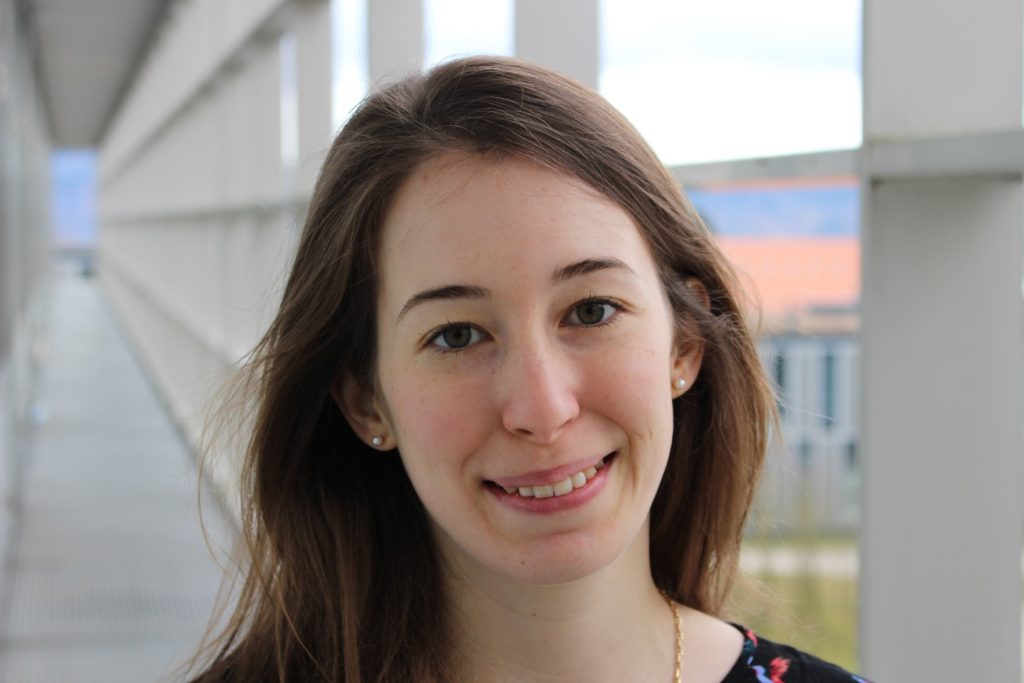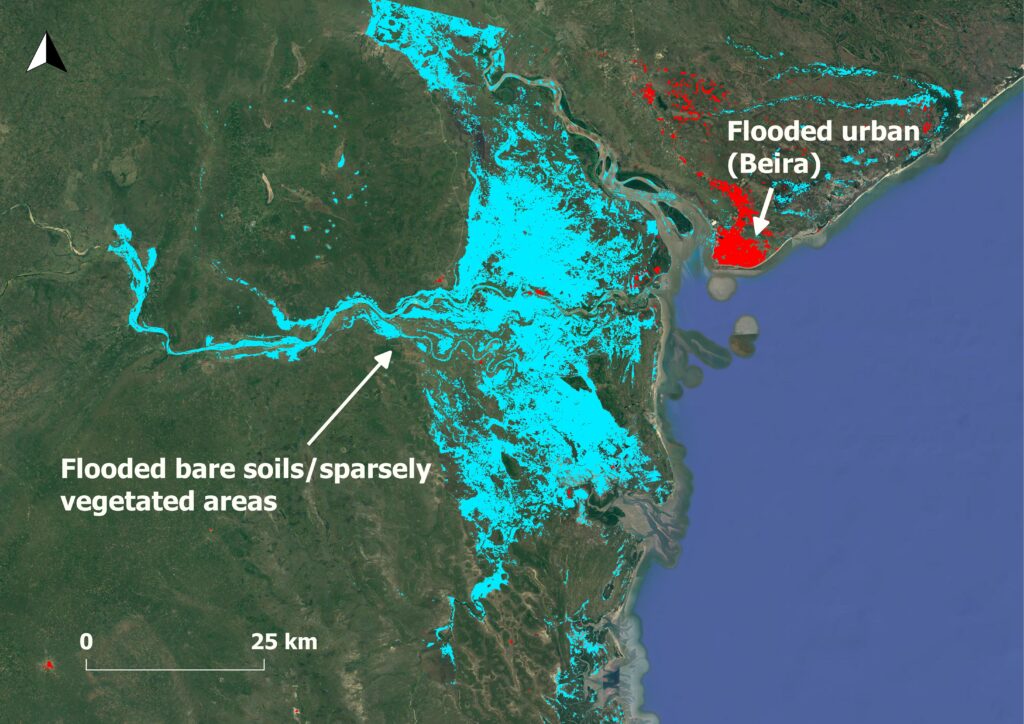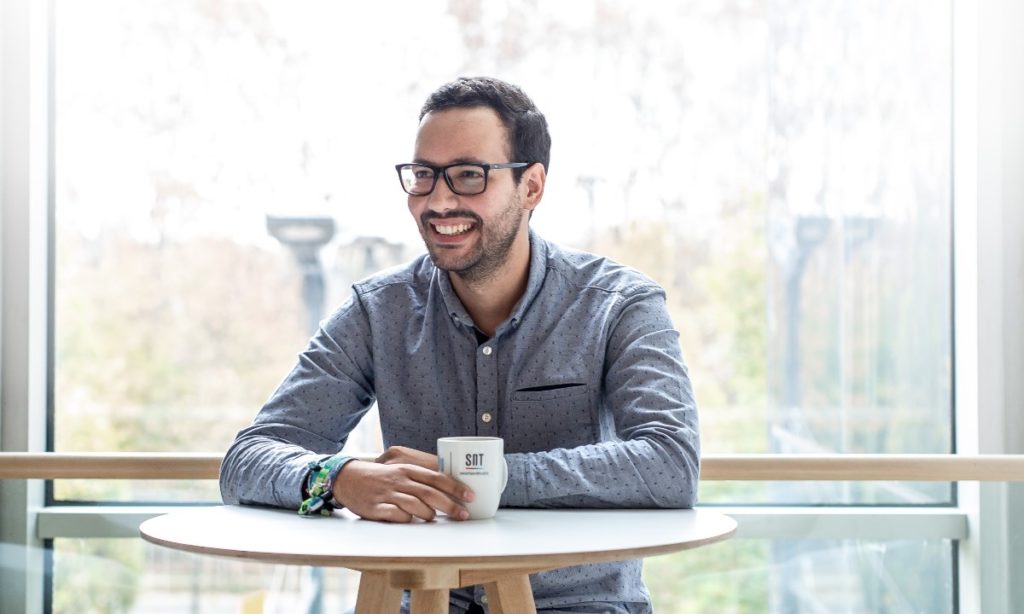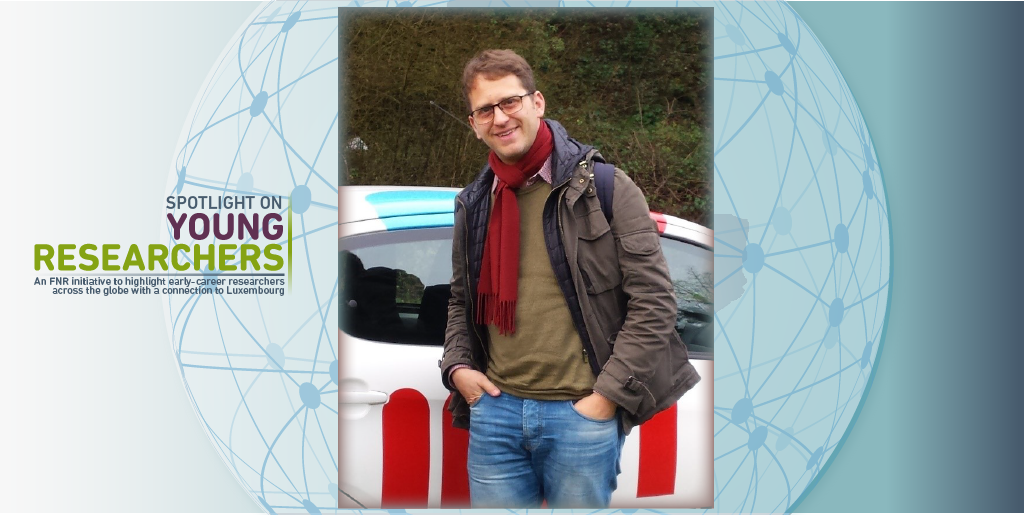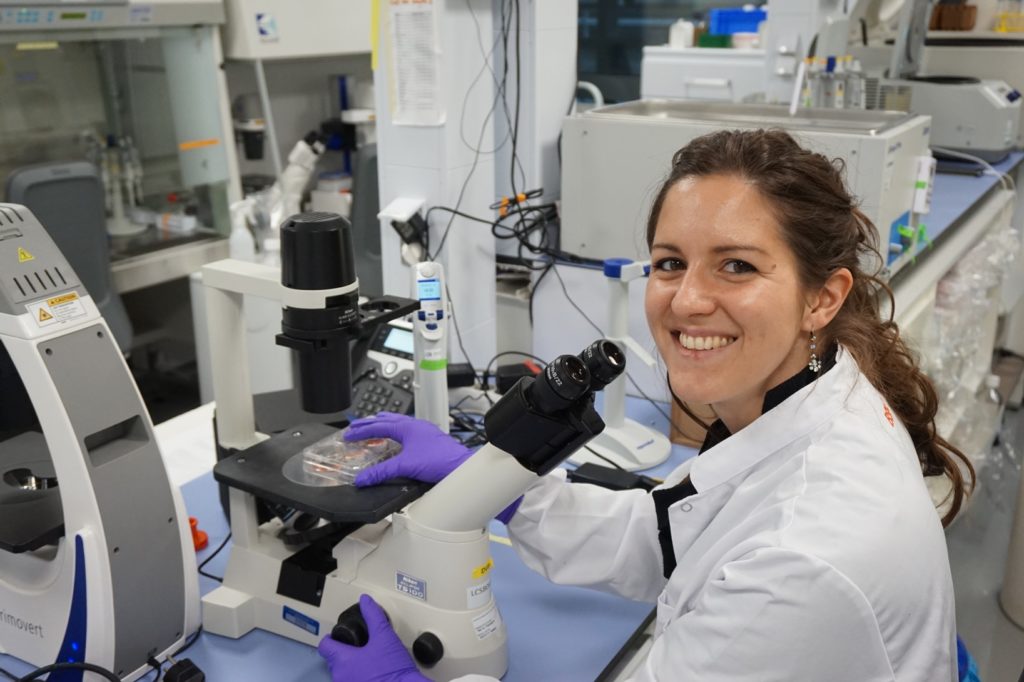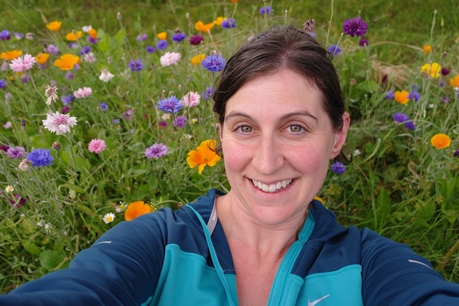We catch up with researchers featured in Spotlight on Young Researchers 5 years ago to see how their careers have developed.
When we wrote about Chetan Arora in the 2017 edition of Spotlight on Young Researchers, he was a Postdoc working in requirements engineering at the SnT, having just completed his PhD. 5 years later, Chetan is on the other side of the world working as a Senior Lecturer and Academic Director for coursework research. We spoke to Chetan about how he is still a “houfreg Lëtzebuerger”, what he is working on now, and why after working both in industry and academia, he found his heart to be in the world of research.
When you were featured in Spotlight on Young Researchers in 2017, you had completed your PhD in Requirements Engineering at the SnT at the University of Luxembourg and were a postdoc there. Let’s catch up!
In your feature in 2017, you mentioned you always thought you would leave the world of research after your PhD, but at the time you had decided to stay and do a Postdoc. So, 5 years later, are you still active in the world of research? If yes, why did you decide to stay?
“After completing my Postdoc at Prof Lionel Briand’s group, I worked for SES Satellites in Luxembourg for 2 years and 3 months in Innovation Programs. Then, the academia came calling and I decided to take a full-time academic position. The reason I chose academia (the world of research) is because, firstly, I realised through FNR’s initiative of Researchers in School [Chercheurs à l’école] that I have an unexplored talent and passion for teaching our future generation; and, secondly, I am a researcher at heart and the idea of solving real-world problems via research is what keeps me going.”
What have you been up to in the last 5 years, and where are you now?
“I moved to a completely different hemisphere, i.e., Australia in early 2020. I moved here to work as a Senior Lecturer in Software Engineering at Deakin University in Melbourne. In addition to research and teaching, I am also appointed as academic director for coursework research, to manage student research projects and pathway to PhD for next generation, i.e., our Bachelors and Masters students, and lead international collaborations with other universities.”
Has your research focus changed from requirements engineering, or are you still active in this field?
“I am still very active in requirements engineering research, although I have slightly diversified my research interests within the requirements engineering area. In parallel, I am also now exploring the overlap with the field of satellite communications, due to my previous position at SES satellites.”
What have been your highlights in the last 5 years?
“I think the highlights have been, working successfully in many different settings, e.g., in SES satellites on EU and H2020 projects in Luxembourg, and now as an academic in Melbourne with teaching, research and leadership responsibilities. I have successfully received a few competitive research grants in Australia and have published some excellent and impactful papers.”
What impact did your time in Luxembourg have on you?
“Luxembourg as a country had a deep impact on me. First of all, I am a “houfreg Lëtzebuerger” now myself. Luxembourg taught me the real meaning of taking immense pride in oneself & one’s background (Mir wëlle bleiwe wat mir sinn) while being open to new experiences and challenges. In my career, Luxembourg (FNR, Prof Briand’s SVV group, SNT and SES) provided me with opportunities in such a short time that are truly unique for an early career researcher like me. Luxembourg provided me with the platform that has propelled me to a successful career in academic today.”
Chetan Arora always knew he wanted to do a PhD, but did not see himself pursuing research beyond that. A few years later, the Indian national has completed his PhD in Requirements Engineering at the SnT at the University of Luxembourg, under the supervision of FNR PEARL Chair Lionel Briand – but this is only the beginning. During his PhD, Chetan’s passion for the challenging nature of research was lit, when he helped create a novel tool suite, which has the potential to have a big impact on software engineering.
In 2012, after finishing his Masters, Chetan Arora was working for a company in Kaiserslautern when he received an offer to do a PhD in the topic he had been searching for – Requirements Engineering:
“I received an offer from the SnT at the University of Luxembourg, from Professor Lionel Briand (FNR PEARL Chair and Vice Director of the SnT), asking if I was still interested in doing a PhD and of course I was!”, Chetan says when asked how he ended up in Luxembourg, adding:
“It was not a difficult decision. Even when I was doing my Masters, I very much had a link to industry. When I came to know that my PhD was in collaboration with industry (SES), it was a perfect match.”
What does software have in common with a skyscraper?
Chetan’s PhD subject was Requirements Engineering, the first phase of building software, where all the requirements – what the software needs to do and how – are gathered in great detail.
“The requirements are basically the foundation of the software. If you are trying to build a skyscraper and your foundation is not right, you are going to end up with a problem sooner or later”, Chetan explains, adding:
“Statistically it also is known that almost 50 – 60% of software projects that fail do so because the requirements are not clear.”
There are two main issues with requirements. Firstly, requirements are written in ‘natural language’ – English, simply because it is the most common language among stakeholders. This sounds straightforward, but as Chetan points out everyone has different ‘types’ of English; individual jargon, expressions – this can lead to imprecise and ambiguous requirements.
Secondly, as with any document, the first draft is not usually the final version. Requirements documents go through many changes every day. These documents tend to be hundreds of pages long and with constant changes; the document can quickly become inconsistent.
Novel technology to help ensure accuracy in early stages of software development
Chetan explains that the work he did during his PhD was essentially quality assurance for requirements: “We devised a very novel technology where when you make a change in a requirement, you are able to visualise what other requirements will be impacted.”

For example, if a requirement says something has to be done ‘periodically’: does this mean every 5 milliseconds or 5 hours? “Imagine if there is a flight and it is supposed to periodically send data to a ground station, if it’s not clear what ‘periodically’ is, it could lead to huge problems” Chetan says.
There are other technologies available to analyse requirements, but Chetan explains that they are both very expensive and still require a huge amount of manual user input, whereas the technology he helped develop is much more automated. It’s already being tested at SES and has generally received enthusiastic feedback, as Chetan details:
“This is something that has really gained traction, not only at SES – recently we were contacted by a company in Canada that came across our research, and they are actually building commercial tools for requirements engineering / requirements quality assurance and they were impressed and interested.”
Passion for facing challenges
Seeing the instant impact his PhD work is having has also made Chetan want to stay in research – something he thought he would never do: “I always thought, I will do my PhD and then move out of research and go into industry, but during the PhD I kind of started to like what I was doing, because first of all you are doing research, and you have new challenges every day. There are challenges you don’t even know, you sleep at night and think everything went perfectly and then when you come in the next day and you discover a new challenge, technology-wise or other.
“This is very encouraging and motivating. And the good thing in Luxembourg is that to be able to work here at SnT, you are not just sitting in a closed lab working on something – you get to see a direct impact at a company. For me, that is ‘applied research’, to actually be able to see the impact. If you ask any researcher what they are trying to do they will say they are trying to help people. Here you can see directly how you are helping people, and if not, then why not.”
“If you don’t tell people about your work, nobody will know”
In addition to discovering that research is for him after all, Chetan has also already achieved what many researchers in his domain strive to do all their careers: He has already published 2 scientific papers in the top journal in his domain (IEEE TSE).
“This in part due to my supervisors Prof Briand and Dr. Sabetzadeh – they always encourage all the PhD students to always go for the best publishing venues”, Chetan says, pointing out that he is yet to have a paper rejected, which he in part puts down to the novelty of his specific research area, but also to the fact that his papers are about a technology that is already being tested in an industry setting. He also stresses the importance of publishing research findings, saying “if you don’t tell people about your work, nobody will know”.
“Luxembourg is making a mark on the global research map”
Chetan is currently working as a postdoc at the SnT after completing his PhD. Research is an area he is now passionate about staying in, also because he wants to be a part of tackling the new challenges facing technology:
“What I have done so far is a drop in the ocean. There are so many different new technologies evolving every day which you can use – and improve. I am hoping to find some opportunities to work in this, especially in a setting like this, where you do your research with industry and you are able to see the impact of your research.”
Chetan hopes to be able to continue his work in Luxembourg, which as he explains is making great strides in getting international recognition for the technology domain:
“A couple of years ago I was in Canada for a conference (IEEE International Requirements Engineering Conference). It’s a top-level conference, everyone working in the field wants to attend, but it’s got something like a 19% acceptance rate. Yet, 4% of the people who were accepted to go were from Luxembourg. How much of the world’s population does Luxembourg make up at a global level? Still, 4% of the global acceptances were people from Luxembourg, and 2 of those submissions came from us at the SnT. Luxembourg is making a mark on the global research map!”
Published 23 March 2017
Update July 2017: Chetan Arora has successfully secured a Postdoc grant from the FNR’s AFR-PPP (Industrial Fellowships) programme.
About Spotlight on Young Researchers
Spotlight on Young Researchers is an FNR initiative to highlight early career researchers across the world who have a connection to Luxembourg. This article is the third in a series of around 20 articles, which will be published on a weekly basis. You can see more articles below as and when they are published.




